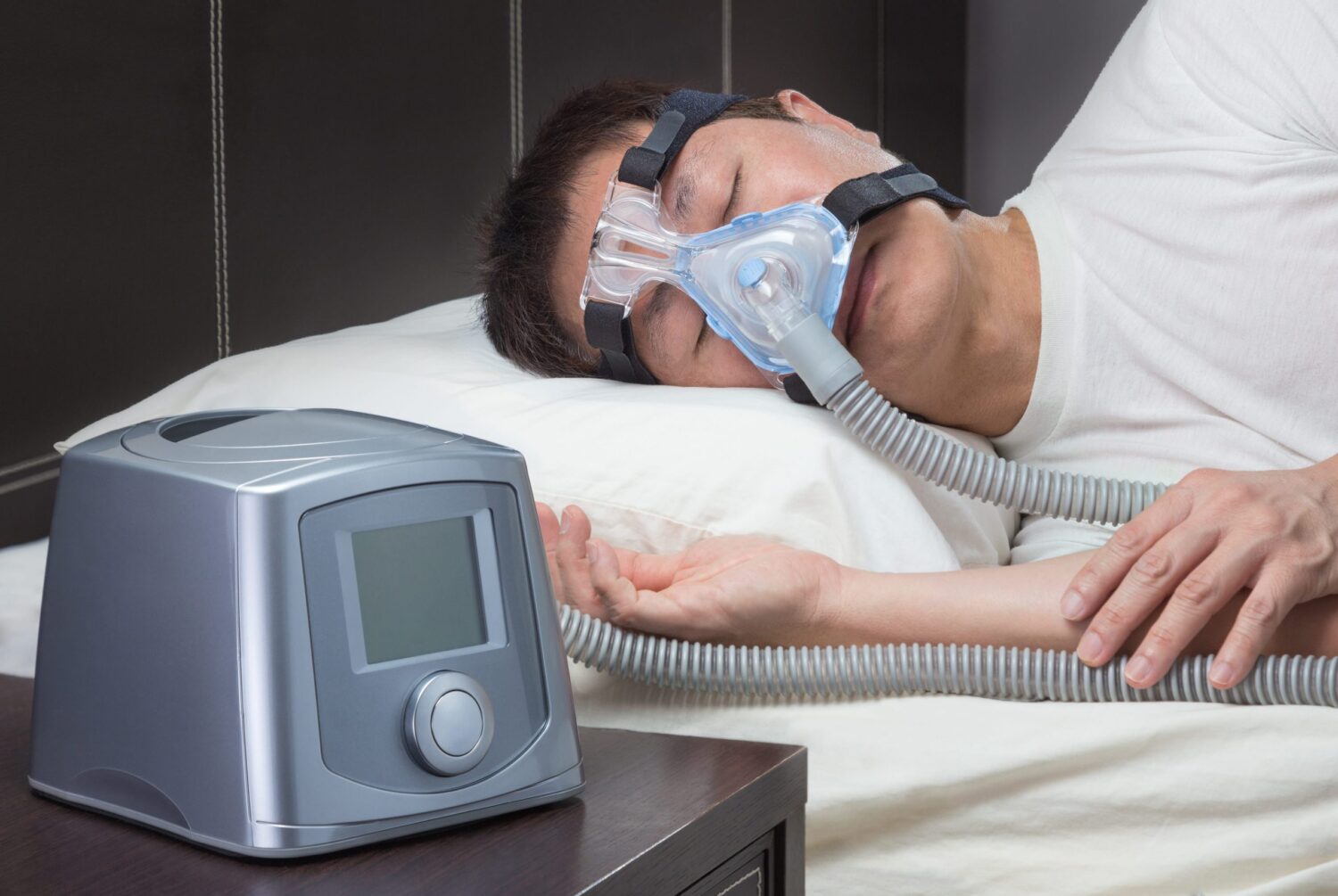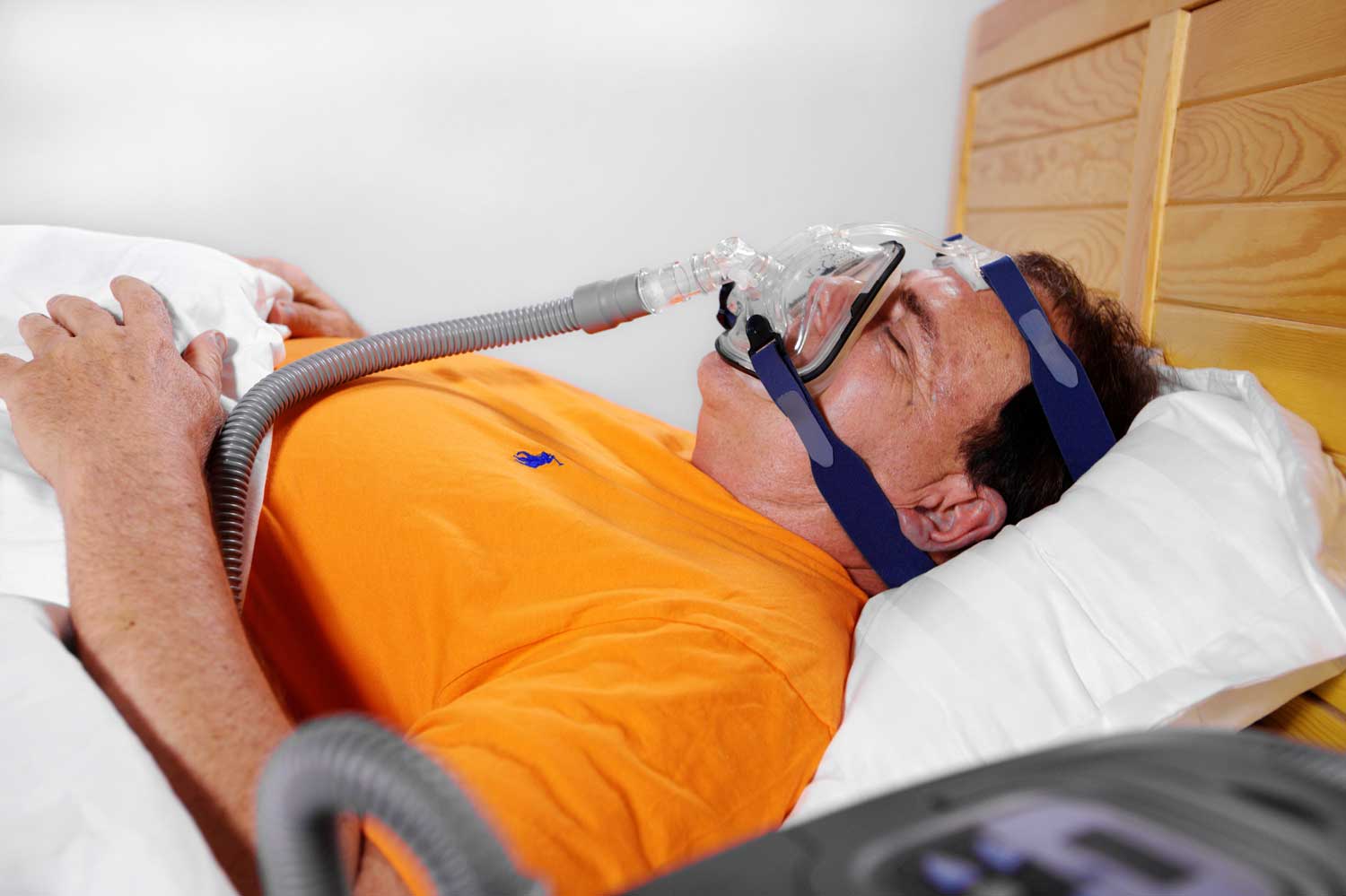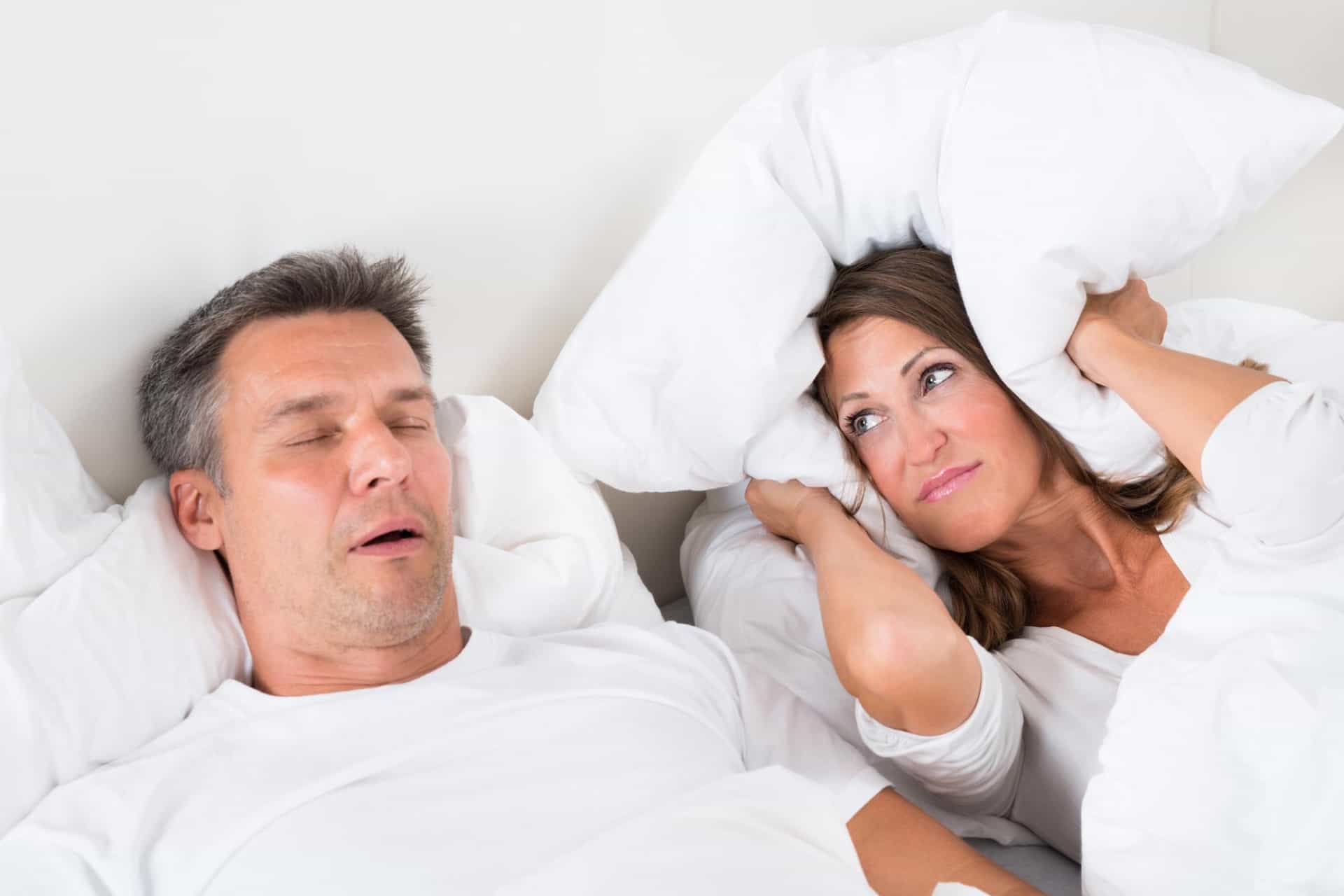Getting a good night’s sleep is crucial for overall health and well-being. Sleep plays a vital role in various aspects of our lives, including physical and mental health, productivity, and overall quality of life. Unfortunately, many people struggle with sleep-related issues, such as sleep apnea, which can significantly impact their sleep quality and overall health.
Fortunately, there is a solution that can help improve sleep quality and alleviate the symptoms of sleep apnea – a CPAP machine Australia.
Understanding the Importance of Good Sleep
Sleep is not just a time when our bodies rest; it is a critical process that helps restore and rejuvenate our minds and bodies. During sleep, our bodies repair damaged cells, strengthen the immune system, and consolidate memories. Additionally, sleep influences hormone regulation, metabolism, and mood. Lack of quality sleep can lead to a variety of health problems, including obesity, diabetes, cardiovascular disease, and mental health disorders.
The Role of Sleep in Health and Wellness
Sleep plays a crucial role in maintaining optimal health and wellness. It allows our bodies to regenerate, repair, and replenish energy levels. Quality sleep is essential for proper brain function, emotional well-being, and overall cognitive performance. Individuals who consistently obtain sufficient restorative sleep tend to have improved mood, better concentration, and enhanced physical performance.
See Also: Is Your CPAP Causing Problems with Your Teeth?
The Consequences of Poor Sleep
Poor sleep can have severe consequences on our health and well-being. Chronic sleep deprivation can lead to increased risk of obesity, diabetes, cardiovascular diseases, and compromised immune function. Inadequate sleep can also affect our mental health, leading to mood disorders such as depression and anxiety. Additionally, lack of sleep can impair cognitive function, memory retention, and problem-solving abilities, hindering our overall productivity and performance.
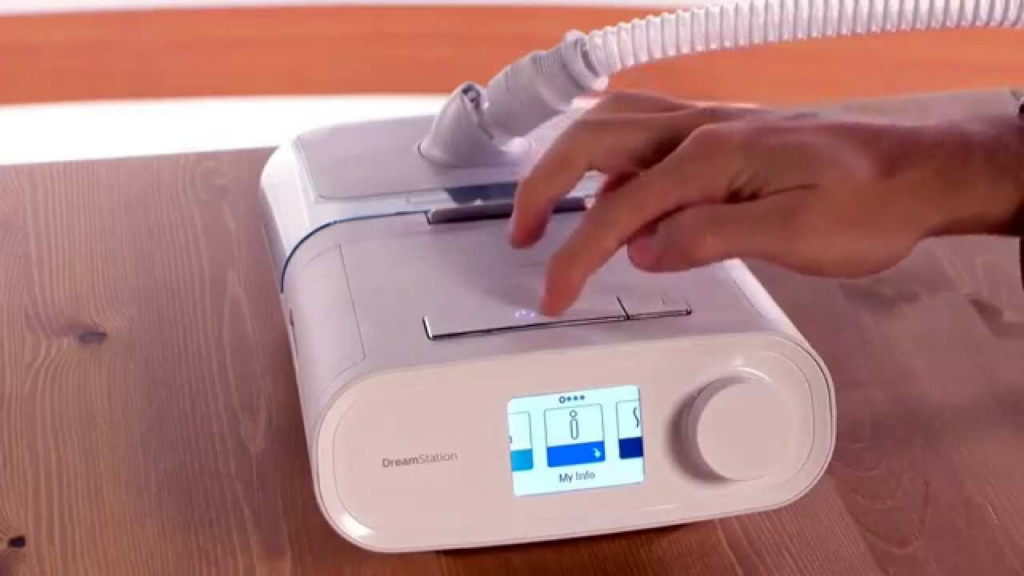
What is a CPAP Machine?
A Continuous Positive Airway Pressure (CPAP) machine is a commonly used medical device for individuals with sleep apnea. Sleep apnea is a condition characterized by interruptions in breathing during sleep, which can lead to reduced oxygen levels in the blood and fragmented sleep. A CPAP machine works by delivering a continuous stream of pressurized air to keep the airways open, preventing breathing interruptions and ensuring uninterrupted sleep.
When a person with sleep apnea lies down to sleep, the muscles in their throat relax, causing the airway to narrow or even close completely. This obstruction leads to a pause in breathing, known as an apnea, which can last for a few seconds to a minute. These apneas can occur multiple times throughout the night, disrupting the sleep cycle and preventing the individual from reaching the deep, restorative stages of sleep.
A CPAP machine is designed to address this issue by providing a constant flow of air at a prescribed pressure. The machine consists of a motor that draws in air from the room, filters it, and pressurizes it to the appropriate level. This pressurized air is then delivered through a tube to a mask that the individual wears over their nose or mouth.
The Function of a CPAP Machine
The main function of a CPAP machine is to deliver a constant flow of pressurized air through a mask worn over the nose or mouth. This continuous pressure acts as a splint, preventing the airway from collapsing and keeping it open during sleep. By maintaining an open airway, a CPAP machine helps reduce snoring, improve breathing, and promote restful sleep.
When the pressurized air from the CPAP machine enters the airway, it acts as a pneumatic splint, pushing against the relaxed muscles and tissues. This pressure keeps the airway open, allowing the individual to breathe freely and without obstruction. By preventing the collapse of the airway, the CPAP machine effectively eliminates the apneas and hypopneas (partial blockages) that occur during sleep apnea.
In addition to treating sleep apnea, CPAP machines can also provide relief for individuals with other respiratory conditions, such as chronic obstructive pulmonary disease (COPD) or congestive heart failure. These conditions can cause breathing difficulties, especially during sleep, and the continuous positive airway pressure provided by a CPAP machine can help alleviate symptoms and improve overall respiratory function.
Different Types of CPAP Machines
There are various types of CPAP machines available, each with its own unique features and benefits. The most common types include traditional CPAP machines, AutoPAP machines, and BiPAP machines.
Traditional CPAP machines deliver a constant fixed pressure throughout the night. The pressure setting is determined by a sleep specialist based on the individual’s needs and the severity of their sleep apnea. These machines are straightforward and reliable, providing consistent therapy for sleep apnea.
AutoPAP machines, also known as APAP machines, offer a more advanced approach to CPAP therapy. These machines have built-in algorithms that continuously monitor the individual’s breathing patterns and adjust the pressure accordingly. By automatically adapting to the changing needs of the individual throughout the night, AutoPAP machines provide a more personalized and comfortable therapy experience.
BiPAP machines, short for bilevel positive airway pressure, are designed for individuals who require different pressures during inhalation and exhalation. These machines deliver a higher pressure during inhalation to help open the airway and a lower pressure during exhalation to facilitate easier breathing. BiPAP machines are often recommended for individuals with certain respiratory conditions or those who have difficulty exhaling against the pressure of a traditional CPAP machine.
Regardless of the type of CPAP machine used, it is essential for individuals with sleep apnea to work closely with their healthcare provider to determine the most suitable therapy and settings. Regular follow-up appointments and adjustments to the pressure settings may be necessary to ensure optimal treatment efficacy.
Choosing the Best CPAP Machine for You
Choosing the right CPAP machine is essential for effective therapy and maximum comfort. With the wide range of options available in the market, it is crucial to consider several factors before making a decision.
When it comes to managing sleep apnea, a CPAP machine is a valuable tool that helps keep your airways open and ensures a continuous flow of oxygen throughout the night. However, not all CPAP machines are created equal, and finding the one that suits your needs can be a daunting task.
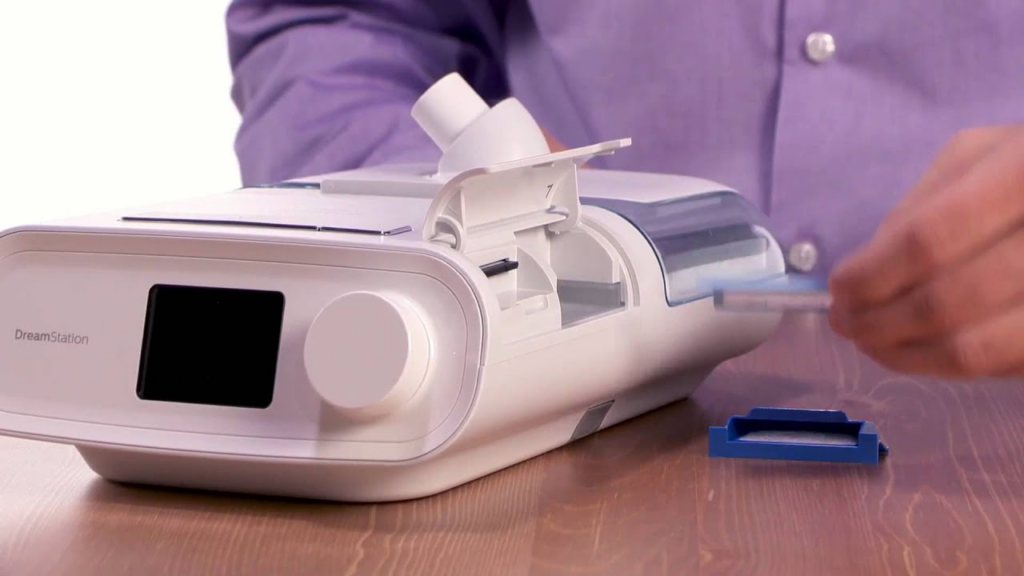
Factors to Consider When Buying a CPAP Machine
- Prescription Requirements: Ensure that the CPAP machine you choose is suitable for your specific sleep apnea diagnosis and prescribed pressure settings. It’s important to consult with your healthcare provider to determine the appropriate machine for your needs.
- Mask Compatibility: Check if the CPAP machine is compatible with different mask styles and sizes to find the most comfortable fit for you. A well-fitting mask is crucial for effective therapy and preventing air leaks.
- Noise Level: Consider the noise level of the CPAP machine, as excessive noise can disrupt sleep and disturb your partner. Look for machines that offer quiet operation, especially if you are a light sleeper or share your bed with a partner.
- Data Recording and Connectivity: Look for CPAP machines that offer data recording capabilities and connectivity options to track your sleep progress and share data with healthcare professionals. This feature can provide valuable insights into your therapy and help optimize your treatment.
By considering these factors, you can narrow down your options and find a CPAP machine that meets your specific needs and preferences. Remember, finding the right machine is crucial for long-term compliance and successful management of sleep apnea.
Top CPAP Machines in the Market
- ResMed AirSense 10 AutoSet: This popular CPAP machine offers advanced features, including automatic pressure adjustment, built-in humidifier, and data tracking capabilities. The AutoSet technology ensures that the machine adjusts the pressure levels based on your breathing patterns, providing a customized and comfortable experience.
- Philips Respironics DreamStation: The DreamStation CPAP machine is known for its sleek design, quiet operation, and user-friendly interface. It offers various therapy modes, including auto-adjusting pressure, fixed pressure, and bi-level, catering to different sleep apnea needs.
- 3B Medical Luna II Auto: This compact and portable CPAP machine is perfect for travelers, providing reliable therapy on the go. It features advanced algorithms that automatically adjust the pressure levels based on your breathing, ensuring optimal therapy even when you are away from home.
These are just a few examples of the top CPAP machines available in the market. It’s important to research and compare different models to find the one that suits your needs and preferences. Additionally, consider factors such as warranty, customer reviews, and ongoing support from the manufacturer when making your decision.
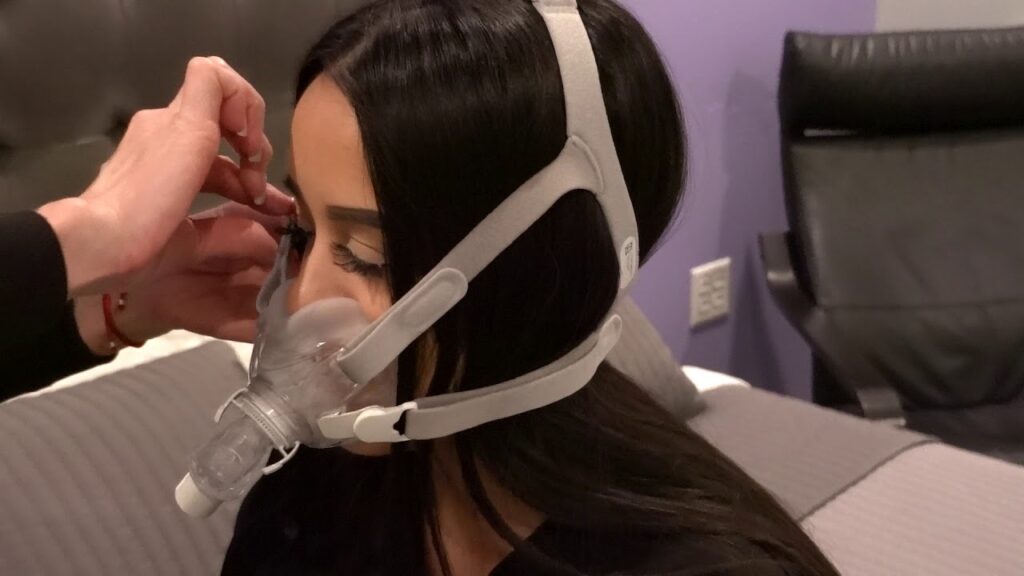
Tips for Effective CPAP Therapy
Once you have chosen the best CPAP machine for your needs, implementing effective therapy habits is crucial for optimal results.
Proper Use of Your CPAP Machine
Follow these tips to ensure proper use of your CPAP machine:
- Wear the mask properly, ensuring a secure and comfortable fit.
- Clean and maintain your CPAP machine regularly according to the manufacturer’s instructions.
- Use the CPAP machine consistently every night to reap the full benefits of therapy.
- Monitor your sleep progress and make necessary adjustments in collaboration with your healthcare provider.
Maintaining Your CPAP Machine
To ensure the longevity and effectiveness of your CPAP machine, it is essential to maintain it properly:
- Regularly clean and replace the CPAP mask, tubing, and filters as recommended.
- Keep the CPAP machine in a clean and dust-free environment.
- Check for any signs of wear or damage and address them promptly.
- Follow the manufacturer’s guidelines for maintenance and troubleshooting.
Overcoming Common CPAP Challenges
While CPAP therapy is highly effective, some individuals may experience initial discomfort or encounter common side effects. It is important to address these challenges to ensure successful and comfortable use of your CPAP machine.
Dealing with Initial Discomfort
It is common to experience discomfort or adjustment period when first using a CPAP machine. To overcome this:
- Practice wearing the mask during the day to get used to the sensation.
- Adjust the mask straps to achieve a comfortable and secure fit.
- Use nasal saline spray or breathe right strips to alleviate congestion or nasal discomfort.
- Consult with your healthcare provider for mask adjustments or alternative mask options if necessary.
Addressing Common CPAP Side Effects
Some individuals may experience side effects while using a CPAP machine. To address common side effects:
- Dryness or congestion: Try using a heated humidifier with your CPAP machine to add moisture to the air.
- Skin irritation: Ensure proper cleaning and maintenance of the mask and consider using hypoallergenic mask liners or moisturizers.
- Mask leaks: Adjust the mask straps for a secure fit or consider trying a different mask style or size.
- Excessive air pressure: Consult with your healthcare provider to adjust the machine settings to a comfortable level.
By understanding the importance of good sleep, choosing the best CPAP machine, implementing proper therapy habits, and addressing common challenges, you can optimize the effectiveness of your CPAP therapy and enjoy a restful and rejuvenating sleep. Remember, quality sleep is the cornerstone of a healthy and fulfilling life.

